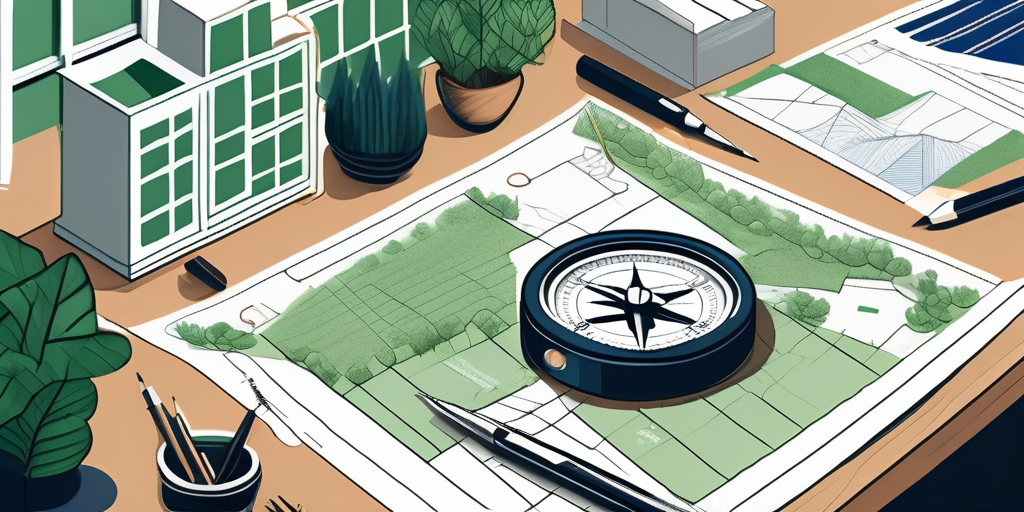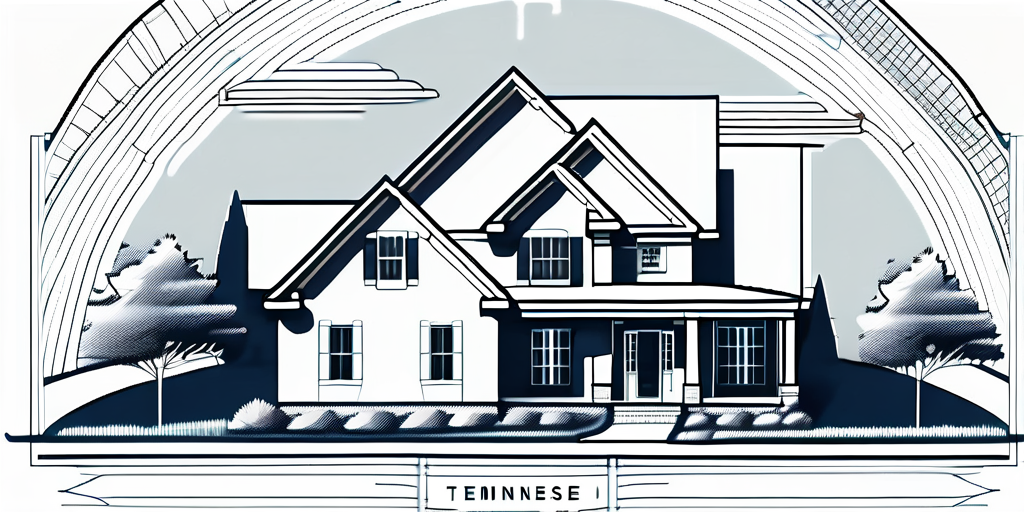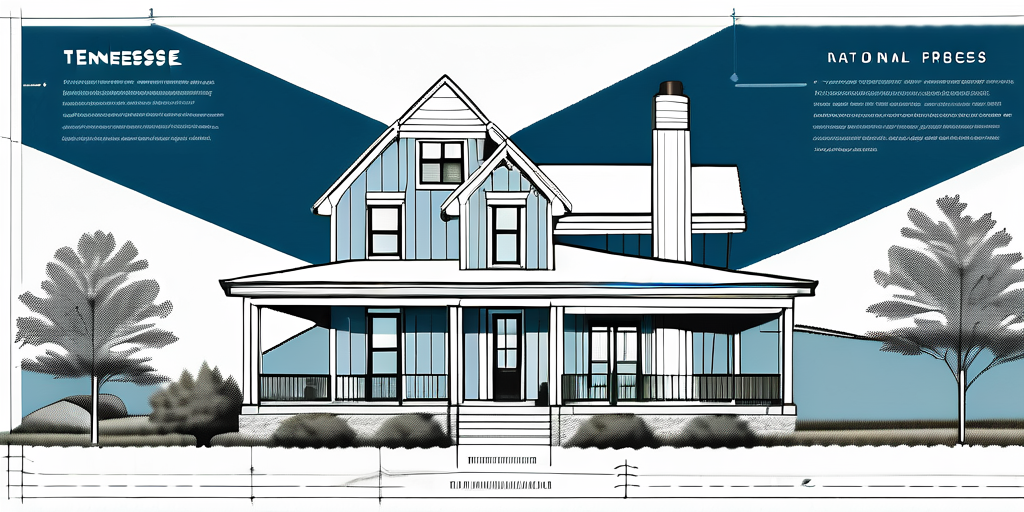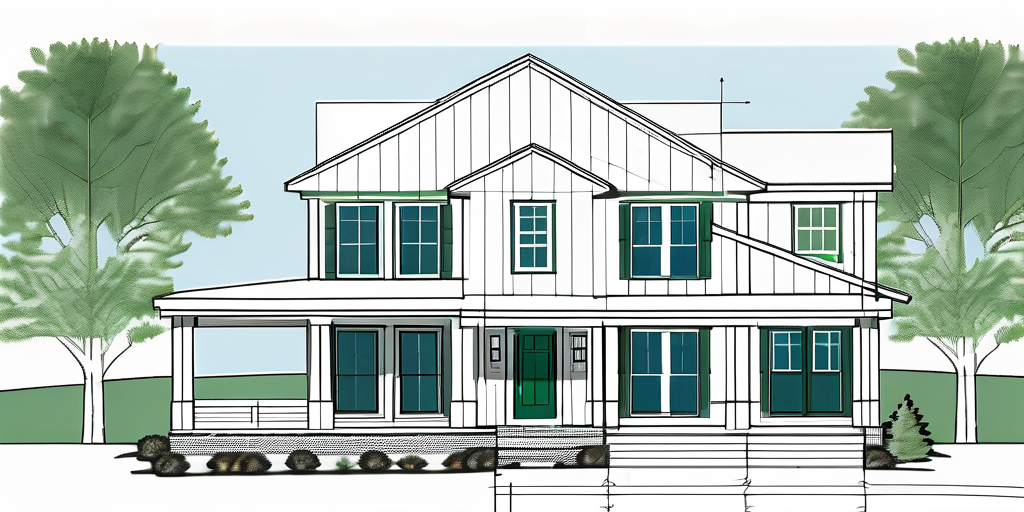
Building a home is one of the most significant investments you will make in your lifetime. In Tennessee, where the landscape is as diverse as the culture, planning becomes essential to navigate the complexities of home construction. This article will delve into the importance of planning in creating your Tennessee National home, highlighting various aspects that contribute to a successful project.
Home building planning encompasses everything from initial ideas to final construction details. It involves methodically outlining your vision, preferences, and requirements to create a cohesive plan that meets your specific needs. By understanding the fundamental concept of home building planning, prospective homeowners can set a solid foundation for their projects. This process not only involves the physical aspects of construction but also the emotional journey of creating a space that reflects your identity and lifestyle.

Planning serves as the backbone of any home building project. Not only does it provide structure, but it also helps to identify potential challenges and plot out strategies to overcome them. An effective plan acts as a roadmap that guides the entire process, ensuring that everyone involved is on the same page and working towards a common goal. This collaborative effort often includes architects, builders, and even family members, all contributing their insights and preferences to create a home that truly resonates with its inhabitants.
Furthermore, well-developed plans can help manage resources efficiently. By knowing what materials to acquire and when, homeowners can prevent delays and avoid unnecessary costs. A comprehensive plan ensures that every phase of the project runs smoothly, from design to final walkthrough. It also allows for flexibility; if unexpected changes arise, a solid plan can accommodate adjustments without derailing the entire project. This adaptability is crucial in navigating the complexities of home building, where timelines and budgets can often shift.
Several key elements contribute to a well-planned home. These include:
Integrating these elements into your planning will pave the way for a successful home building experience. Additionally, engaging with professionals who specialize in these areas can provide invaluable insights. For instance, a landscape architect can help optimize outdoor spaces, while an interior designer can assist in creating a seamless flow between rooms. Their expertise can elevate your home beyond mere functionality, ensuring it becomes a sanctuary that embodies comfort and style.
Moreover, considering future needs during the planning phase can save time and resources later on. For example, planning for potential expansions or incorporating flexible spaces that can adapt to changing family dynamics can be incredibly beneficial. This foresight not only enhances the longevity of your home but also increases its overall value, making it a wise investment for years to come.
In Tennessee, where the natural beauty and distinct climate can vary greatly, planning is especially critical. Each region presents unique challenges and opportunities that can significantly impact the home building process. From the rolling hills of Middle Tennessee to the lush landscapes of East Tennessee, understanding the local topography and climate is essential for making informed decisions about your home’s design and construction.

When you plan your Tennessee National home, you are not just considering your immediate needs but also the long-term implications of your choices. Effective planning allows you to take advantage of the local environment, maximizing your home's energy efficiency and minimizing costs. For instance, strategically positioning windows to capture natural light can reduce reliance on artificial lighting, while incorporating local materials can enhance the aesthetic appeal and sustainability of your home.
Moreover, a well-defined plan aids in coordinating with local contractors and suppliers, ensuring that the project adheres to timelines and stays within budget. It opens up avenues for creative design that enhances sustainability, making your home both beautiful and eco-friendly. Engaging with local architects who understand the nuances of Tennessee’s climate can lead to innovative solutions, such as designing homes that are resilient to humidity and temperature fluctuations, ultimately extending the lifespan of your investment.
The difference between a successful home building project and a frustrating one often boils down to meticulous planning. Success metrics such as adherence to timelines, budget management, and overall satisfaction hinge on how well you prepare and execute your plans. This foresight can also help in anticipating potential challenges, such as zoning regulations or environmental considerations, which are particularly relevant in Tennessee’s diverse landscapes.
Without a solid plan, projects can easily veer off course, leading to increased costs and extended timeframes. Therefore, careful planning lays the groundwork for a smooth and enjoyable building process, allowing you to turn your dream into reality. Additionally, involving stakeholders early in the process—such as family members and future occupants—can foster a sense of ownership and ensure that the final outcome aligns with everyone’s vision. This collaborative approach not only enriches the design process but also builds a stronger community spirit, reflecting the values that many Tennessee residents hold dear.
The journey of home building begins with a well-thought-out plan. Understanding the steps involved can guide you through the process with ease and confidence.

The first phase of planning revolves around defining your home building goals. Ask yourself what you want your dream home to achieve. Is it a space for family gatherings, a sustainable energy-efficient haven, or perhaps a mix of both? By clearly outlining your objectives, you can create a direction that aligns with your lifestyle and values.
Consider factors like the number of rooms, outdoor space, and integration with nature. This foundation will serve as a crucial reference point as you proceed to the next stages of planning. Additionally, think about the long-term implications of your choices. Will your home accommodate future family growth, or do you envision it as a serene retreat for retirement? These considerations will help you make informed decisions that resonate with your evolving needs.
Once you have established your goals, it’s time to delve into the detailed planning phase. This step involves collaborating with architects and designers to create blueprints that reflect your vision.
During this phase, consider various elements, such as:
This detailed planning not only informs your builders but also ensures that your dream home becomes a reality. Furthermore, it’s essential to think about the flow of the space. How will different rooms connect, and how will natural light play a role in your design? Consider incorporating large windows or open-concept layouts that invite the outside in, enhancing your living experience. Engaging with local builders who understand the Tennessee landscape can also provide insights into design elements that work harmoniously with the environment, ensuring your home is both beautiful and functional.
Every home building journey presents its own set of challenges. However, understanding how to navigate these obstacles can make the process smoother and more enjoyable.
Some common obstacles that homeowners may face include budget overruns, unexpected zoning regulations, and changes in material costs. Additionally, delays due to weather or contractor schedules can also impede progress. These challenges can often feel overwhelming, especially for first-time builders who may not be familiar with the intricacies of the construction process.
Recognizing these potential hurdles is vital. By acknowledging them upfront, you can develop contingency plans that ensure your project remains on track despite unforeseen circumstances. Moreover, it’s essential to stay informed about local building codes and regulations, as these can vary significantly from one area to another and may impact your project timeline and costs.
To overcome planning challenges, consider the following strategies:
By implementing these strategies, you can effectively tackle planning challenges and maintain momentum throughout your home building journey. Additionally, it may be beneficial to engage with a project manager or a consultant who specializes in home building. Their expertise can provide invaluable insights and help streamline the process, ensuring that all aspects of the project are coordinated efficiently. Furthermore, consider leveraging technology, such as project management software, to keep track of timelines, budgets, and communications. This can enhance transparency and accountability among all parties involved, making it easier to address issues as they arise.
Engaging professionals in your home building planning can significantly enhance the success of your project. Their expertise and guidance can make a world of difference in navigating complexities. From understanding local zoning laws to selecting sustainable materials, professionals ensure that every aspect of your home building journey is meticulously planned and executed.
From the initial stages of design to the final touches, knowing when to engage architects and builders is crucial. Ideally, collaboration should begin at the outset when defining goals and preferences. This early involvement is not just about aesthetics; it also encompasses practical considerations like site selection, budget constraints, and future scalability of your home.
Their insights can help you refine your vision and identify possibilities that you may not have considered. Early involvement can also streamline the entire planning process, allowing for smoother transitions between phases. For instance, architects can suggest design elements that maximize natural light or enhance energy efficiency, while builders can provide feedback on the feasibility of certain materials or construction techniques. This collaborative approach fosters a more cohesive vision and helps avoid costly changes later in the process.
Professionals contribute their knowledge and experience, ensuring compliance with building codes, optimizing designs for energy efficiency, and managing timelines effectively. They can provide innovative solutions to common challenges and help ensure that your vision becomes a reality. For example, architects may incorporate passive solar design principles, while builders can recommend advanced construction methods that reduce waste and improve durability.
By leveraging their expertise, homeowners can enjoy a more efficient planning process that leads to a successful home building experience. Furthermore, professionals often have established relationships with suppliers and subcontractors, which can lead to better pricing and quality assurance. This network can be invaluable in sourcing materials that align with your vision and budget, ensuring that your project remains on track and within financial limits. Additionally, their ability to foresee potential issues can save you time and money, allowing you to focus on the exciting aspects of creating your new home.
In conclusion, the importance of planning in building your Tennessee National home cannot be overstated. Through careful consideration of all aspects, from initial goals to detailed design and overcoming challenges, you are better equipped to create a beautiful and functional home. With the guidance of professionals and a commitment to thorough planning, your dream home is well within reach.